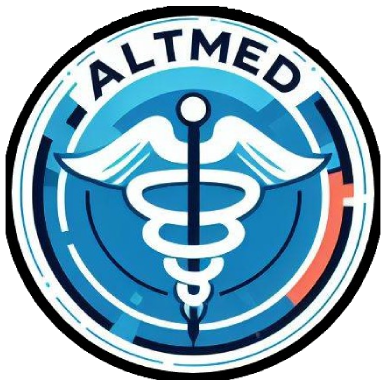Introduction
Francisco et al. published a scoping review in The Journal of Psychiatric Research on November 25, 2022, analyzing existing literature on cannabis use in ADHD populations. This comprehensive review highlights potential benefits, risks, and the significant gaps in our understanding of cannabis as a therapeutic option for ADHD.
Key Points
- Study Scope and Purpose
- This review synthesized research on cannabis and ADHD to determine its effects on symptoms like inattention, hyperactivity, and impulsivity.
- It also examined risks such as dependency and neurocognitive impacts.
- Key Findings
- Potential Benefits:
- Some evidence suggests cannabis or cannabinoids (THC/CBD) may alleviate hyperactivity and impulsivity in certain patients.
- Risks and Concerns:
- Cannabis use is associated with cognitive deficits, dependency, and negative outcomes, especially in adolescents.
- Mixed Evidence:
- Outcomes appear highly individualized, with no consensus on therapeutic efficacy.
- Potential Benefits:
- Clinical Implications
- The findings caution against using cannabis as a standard treatment for ADHD due to its variable effects and potential risks.
- More research is needed to explore dose-specific effects, the role of individual differences, and long-term outcomes.
- Research Gaps
- Few studies directly compare cannabis to established ADHD treatments.
- Lack of data on non-psychoactive cannabinoids (e.g., CBD) in managing ADHD symptoms.
The VitalPoint For Providers
While patient interest in cannabis for ADHD is growing, this review highlights the need for evidence-based guidance. Encourage discussions about cannabis use with ADHD patients, emphasizing its potential risks and the lack of definitive support for its efficacy. Future studies should explore individualized cannabinoid-based therapies to better serve this population.
Further Reading:
- Access the full study
- ADHD clinical practice guidelines

